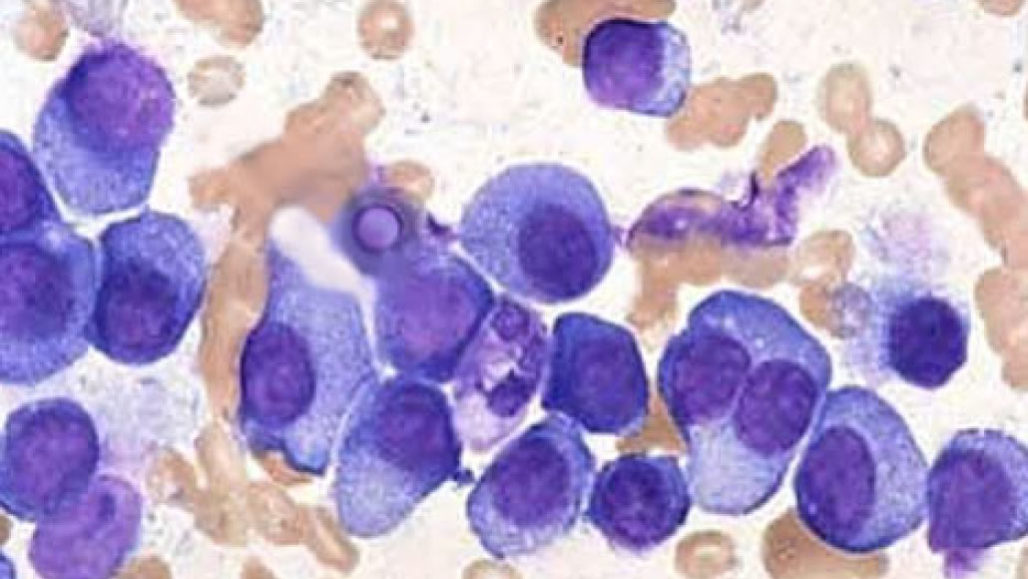The edited T cells caused no serious side effects in the trial’s 3 participants
Immune cells edited with CRISPR/Cas9 to fight cancer seem to be safe and long-lasting, a small safety test of the cells in three cancer patients at the University of Pennsylvania shows.
All three had cancers that could not be controlled by other therapies. While the gene-edited immune cells didn’t cure their cancer, the cells stayed in the body up to nine months and didn’t cause any serious side effects, researchers report February 6 in Science.
The result is an important milestone in the gene editor’s journey toward being used clinically (SN: 12/16/19). But the Phase I clinical trial — which measures safety, not effectiveness — also saw some errors made during editing, one concern with the technology (SN: 3/5/19).
CRISPR/Cas9 is a two-part molecular tool for cutting DNA. One part, a snippet of genetic material called a guide RNA, leads the DNA-cutting enzyme Cas9 to specific spots in DNA where researchers want to make a change. In this case, the team altered three genes in immune cells called T cells. The edits were aimed toward making the T cells more efficient than usual in killing cancer cells.
Most (93.5 percent to 100 percent) of the cuts were right on target, but the gene editor made some cuts the researchers didn’t intend. These “off-target” cuts plus deletions and rearrangements of some DNA were found in a few edited cells. For instance, the sloppiest guide RNA caused 7,778 on-target edits and only 38 off-target edits. In seven of these off-target instances, the unwanted edits landed in the CLIC2 gene. Those edits are probably not dangerous as that gene is not active in T cells anyway, the authors say.
Scientists worry that editing mistakes, deletions and rearrangements may inactivate genes that restrict cell growth or create cancer-promoting mutations. But edited T cells containing off-target edits in the study didn’t appear to grow abnormally.
The researchers used versions of CRISPR/Cas9 that were available in 2016, but the gene editor has since been improved to increase efficiency and decrease off-target cutting. So future trials might have more accurate editing, the researchers say.













![Hotstar Premium Cookies 2019 [*100% Working & Daily Updated*] Hotstar Premium Cookies 2019 [*100% Working & Daily Updated*]](https://tahav.com/wp-content/uploads/2019/11/Hotstar-Premium-Cookies-Free-100x70.jpg)



